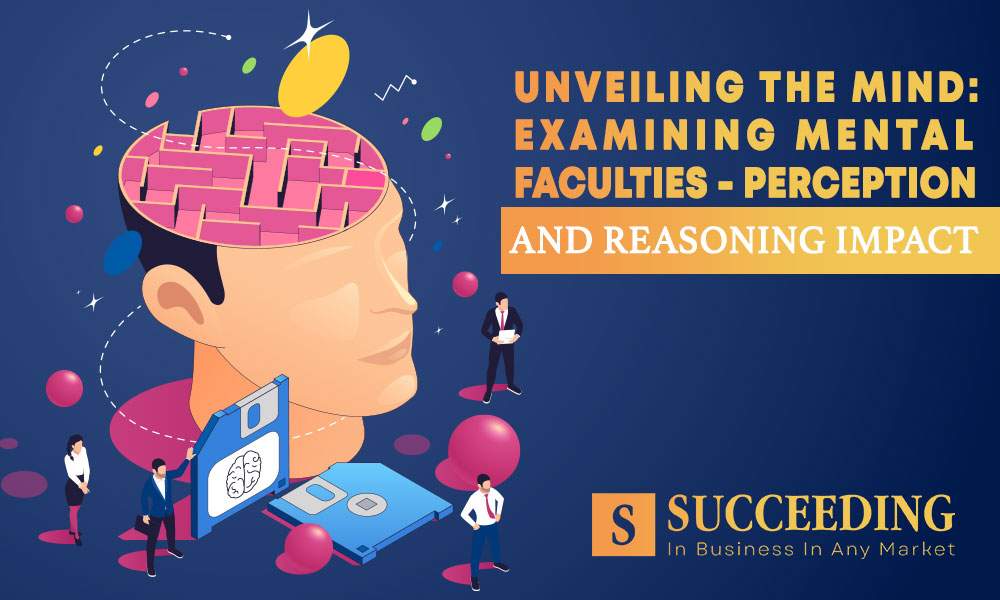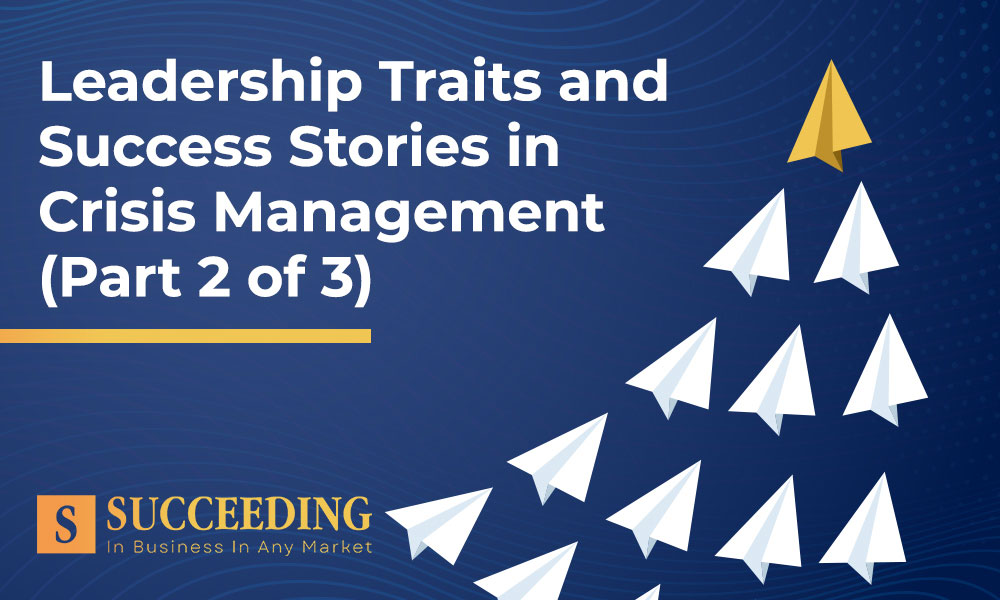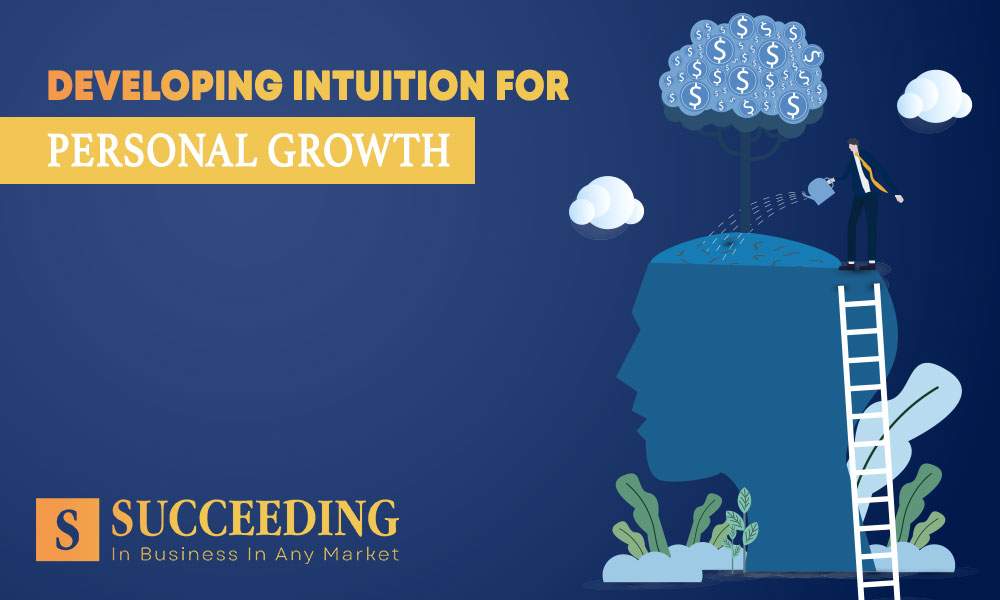Post Date: March 13, 2024

The human mind, a complex tapestry of cognitive processes, is propelled by two foundational pillars: perception and reasoning. These intertwined mental faculties shape our understanding of the world, influencing everything from our initial impressions to our most profound decisions. In this exploration, we delve into the dynamic duo of perception and reasoning, unraveling their individual intricacies and examining their profound impact on our thoughts and actions. Join us in a journey to unveil the mind and understand the nuances of Perception and Reasoning Impact.
The Dynamic Duo – Perception and Reasoning
At the core of human cognition lies the dynamic interplay between perception and reasoning. Perception, the process through which we interpret sensory information, lays the groundwork for our understanding of the external world. In tandem, reasoning, our cognitive ability to analyze and draw conclusions, elevates this understanding to a realm of higher-order thinking and decision-making. It is within the synergy of these mental faculties that our thoughts, beliefs, and actions find their roots.
The Foundations of Perception
The journey into perception begins with an exploration of its foundational elements. Our sensory organs, the gatekeepers of external stimuli, channel information to the brain, where it undergoes intricate processing. Visual, auditory, and tactile perceptions shape our initial impressions of the world, each contributing to the rich tapestry of our subjective experiences. Yet, beneath the surface lies the subjectivity of perception, where individual experiences and biases color the lens through which we interpret the sensory symphony.
The Cognitive Ballet of Reasoning
Reasoning, a cognitive ballet that unfolds within the theater of the mind, involves the intricate choreography of analysis, evaluation, and logical deduction. Inductive reasoning allows us to make generalizations based on specific observations, while deductive reasoning guides us in drawing specific conclusions from general principles. Critical thinking, the linchpin of reasoning, empowers us to navigate the labyrinth of information, fostering sound decision-making and a nuanced understanding of the world.
The Interplay Between Perception and Reasoning
The symphony of cognition reaches its crescendo in the interplay between perception and reasoning. Our perceptions serve as the raw material for reasoning, influencing the information available for cognitive analysis. Yet, this symbiotic relationship is not without its challenges. Cognitive biases, those subtle distortions in thinking, can sway our judgments and decision-making, creating a delicate dance between accurate perceptions and effective reasoning. Awareness of this interplay is essential for cultivating a more objective and rational worldview.
Real-World Applications and Impact
The impact of perception and reasoning reverberates through various facets of our lives. From scientific inquiry to legal deliberations, and even everyday problem-solving, these mental faculties play a pivotal role. Yet, the real-world application is not without its pitfalls. Misperceptions and faulty reasoning can lead to misunderstandings, conflicts, and flawed decision-making, underscoring the need for honed cognitive abilities in navigating the complexities of our modern existence.
Reflection and Continuous Improvement
As we examine the profound impact of perception and reasoning, the call for reflection and continuous improvement becomes evident. Understanding our own cognitive processes, recognizing biases, and refining these mental faculties are essential steps toward fostering a more accurate and rational view of the world. The journey into the mind is ongoing, a commitment to unraveling its intricacies and enhancing the lenses through which we perceive and reason.

FAQs
Q1: Can perception and reasoning be improved with practice?
A1: Yes, both perception and reasoning can be improved with practice. Engaging in activities that challenge cognitive abilities, such as puzzles, critical thinking exercises, and exposure to diverse perspectives, can contribute to enhanced mental faculties.
Q2: How do cognitive biases affect perception and reasoning?
A2: Cognitive biases are inherent mental shortcuts that can impact both perception and reasoning. They introduce systematic patterns of deviation from objective thinking, influencing our judgments and decision-making processes. Recognizing and mitigating these biases is crucial for fostering more accurate perceptions and reasoning.
Q3: Are there specific exercises to enhance critical thinking and reasoning skills?
A3: Yes, there are various exercises to enhance critical thinking and reasoning skills. Engaging in activities that require logical analysis, such as solving puzzles, debating, or participating in structured reasoning exercises, can contribute to skill development.
Q4: How does cultural background influence perception and reasoning?
A4: Cultural background significantly influences perception and reasoning. Different cultures may prioritize certain values, perspectives, and cognitive styles, impacting how individuals perceive and reason about the world. Awareness of cultural influences is essential for fostering cross-cultural understanding.
Q5: Can improved perception and reasoning lead to better decision-making in personal and professional life?
A5: Absolutely. Improved perception and reasoning contribute to more informed and rational decision-making. By refining these mental faculties, individuals can navigate challenges, solve problems, and make choices aligned with their goals and values in both personal and professional contexts.






